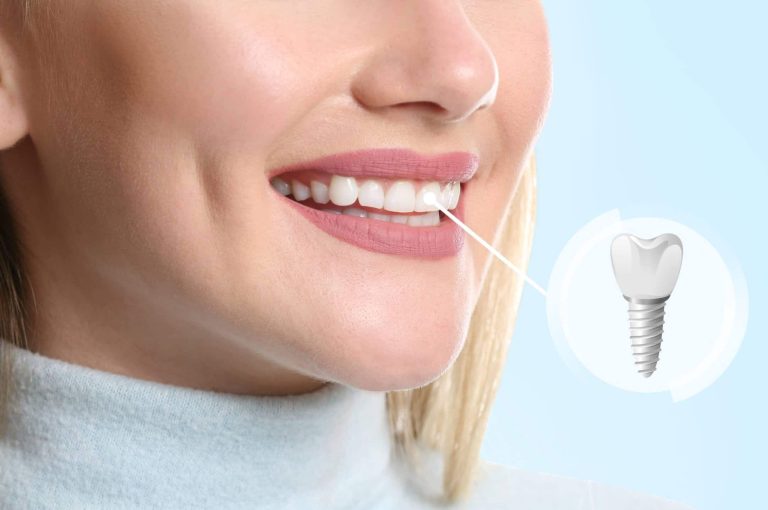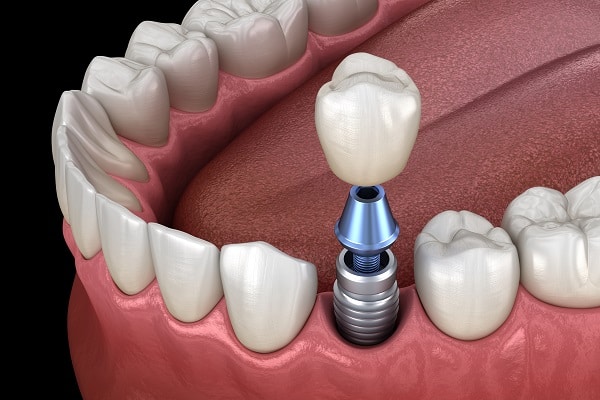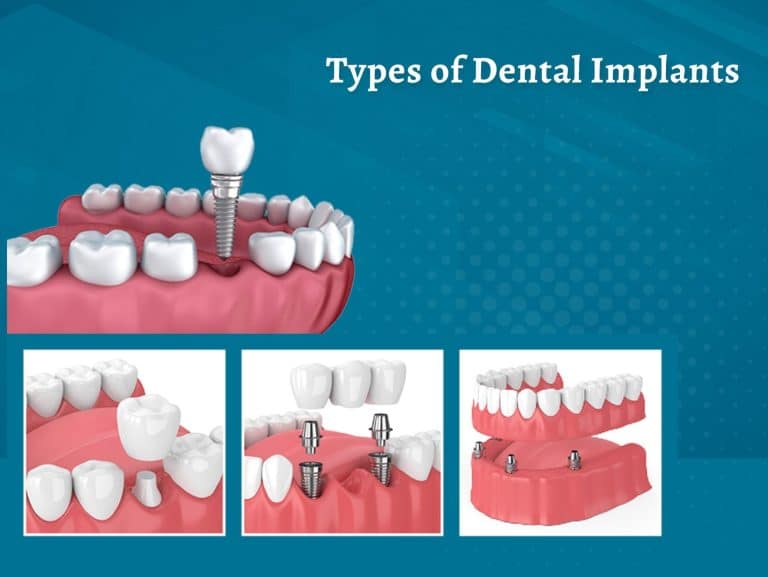The pain that comes from biting into a cold popsicle or from sipping your favorite beverage if you have sensitive teeth can be extremely unpleasant for some patients. Take heart, you’re not the only one. Research has actually revealed that 1 in 8 people suffer from having sensitive teeth.
Why Teeth Become Sensitive?
The level of sensitivity to hot and cold can be triggered by a number of variables. You might not know it, but teeth actually have various layers to them. The innermost part of the tooth is called the pulp and is integrated with sensitive nerves. The pulp is covered with a layer called dentin, which has small tubules that are each connected to a nerve ending, and also together with the pulp makes the root of the tooth. When your periodontics decline, the roots of your teeth end up being exposed and also can lead to sensitivity.
Tooth sensitivity can additionally happen when the tooth’s enamel, a protective layer, ends up being broken. Tooth enamel is the pearly white part of the tooth that we see. Teeth come to be sensitive if the enamel isn’t cared for, causing them to end up being weak with time. A split in the enamel triggers extreme and also sudden tooth level of sensitivity. Some tooth bleaching therapies additionally cause tooth level of sensitivity momentarily.
In many cases, the pulp of the tooth can become infected. Tooth sensitivity can be a sign of a cavity or issue. If the discomfort remains for more than 15 seconds, that might show the potential of nerve troubles. If pain spontaneously takes place with no triggers you must give us a call as soon as you can. If the pain seems like a continuous throb, that’s another good indicator to call us. Do not be reluctant about visiting our office. If you catch an issue in the early stages, it ensures a less invasive treatment plan. Not just that, yet when we find issues early we can stay clear of the higher expenses of more complex treatments.
Tooth Sensitivity Therapy
There are a number of things you can do to avoid tooth sensitivity from occurring. To keep your gum tissues from receding, make sure to floss frequently to get the accumulation of food particles out from between your teeth. Do not clean your teeth with a lot of force, which can bring about increased recession of the gum tissues — using a soft bristle brush is recommended. Grinding your teeth can also wear or perhaps damage your tooth’s enamel, so if you tend to grind your teeth, we recommend you speak to us about getting a dental orthotic (often referred to as a nightguard) to safeguard them. Your favored beverages, like soft drinks, coffee, tea, white wine, and mostly all juices, are all really acidic as well as can trigger enamel disintegration really quickly. If your tooth is sensitive to cold and hot, cutting back on these beverages can make a significant difference for you. If you are using a tooth whitening therapy and your teeth come to be sensitive, reduced the frequency or quit the treatment entirely.
Sometimes, these troubles can escalate enough for you to be seeking immediate relief. Your dental professional may recommend a toothpaste particularly made for delicate teeth, which desensitizes your nerves and also consists of fluoride to help protect against tooth decay. If the problem is severe, we provide a tooth level of sensitivity treatment that applies a sealer on your tooth to help shield it and also reduce the pain that originates from tooth level of sensitivity. If you’re ready to leave the pain from delicate teeth, or if you have any concerns, click here to talk to our team today.










